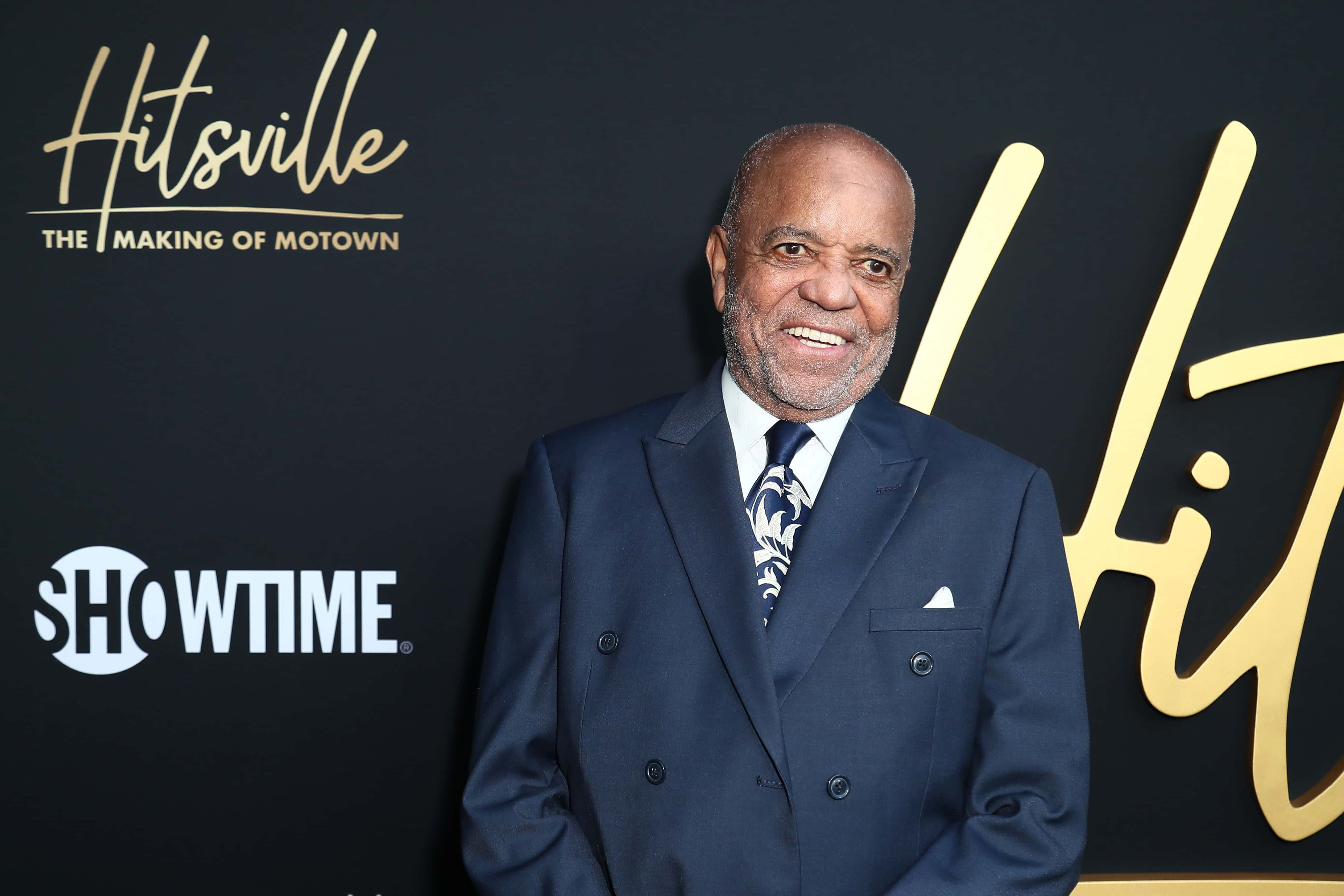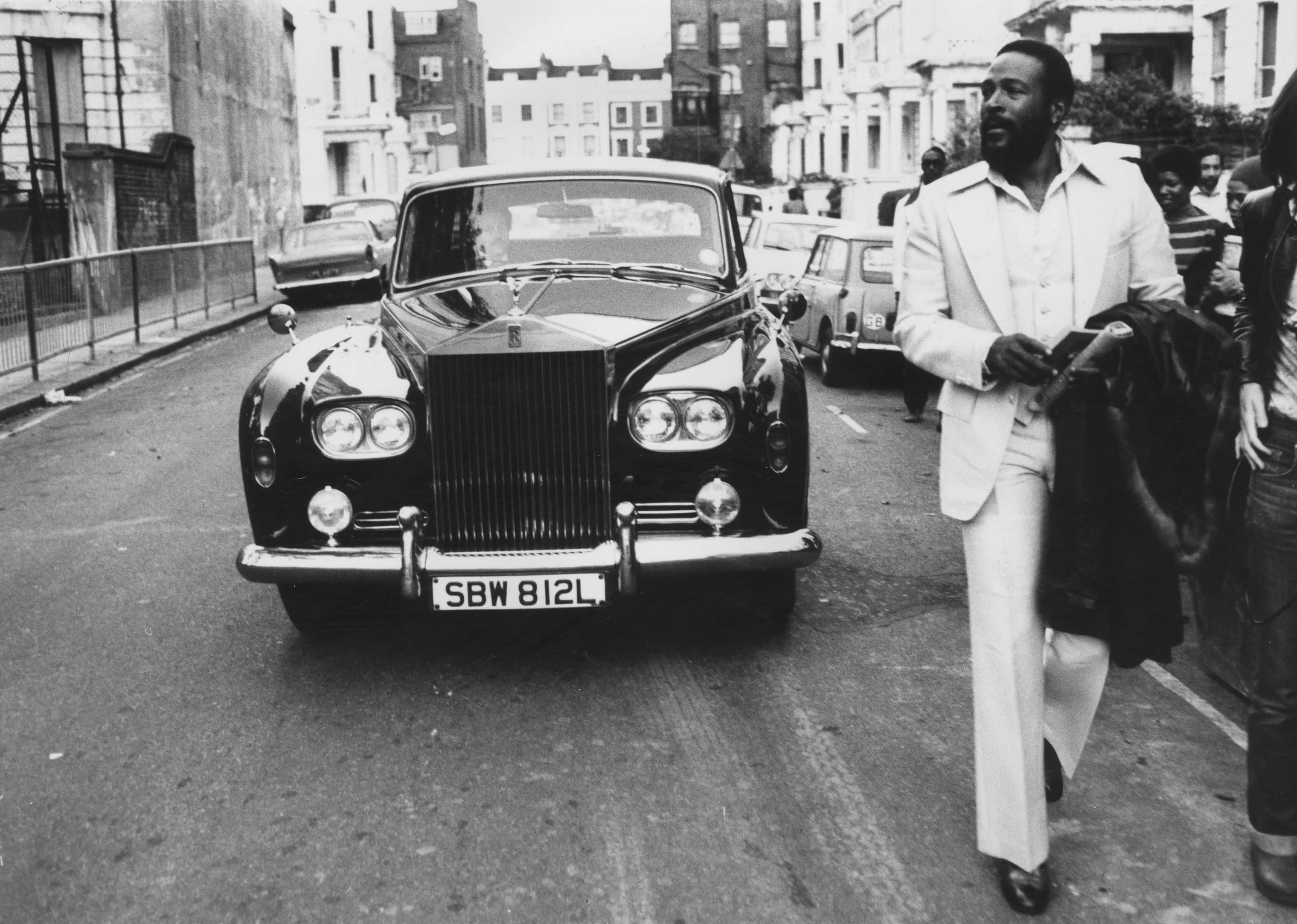'Hitsville: The Making of Motown' highlights Berry Gordy's pathbreaking 'assembly line' approach to making musical history

Showtime's latest documentary 'Hitsville: The Making of Motown' begins with a rare audio clip featuring founder Berry Gordy as he leads one of the record label's signature quality-control meetings.
The upcoming release calendar looks stunning to the eyes of the modern R&B aficionado, listing greats such as Stevie Wonder, Smokey Robinson, Marvin Gaye, Gladys Knight & the Pips. But at the time, little did Motown bosses know the treasure trove of talent under their wing, which amply explain how casually Gordy discusses them at the meeting.

Anyone with a casual understanding of American music history can relate to the tunes, which became ubiquitous and timeless in the years that followed. "Ain't No Mountain High Enough," "My Girl," "Dancing In The Streets," and "You Can't Hurry Love," are just a few memorable classics off Motown's priceless roster.
Gordy founded Motown Records in 1959. At the time, he was working at a Ford motor plant, whose assembly line production inspired him to create a record label organized on similar lines, with artists individually honed by producers, followed by a charm school, and of course, "quality control".
In a nutshell, Berry Gordy built an empire from his house at 2648 West Grand Boulevard, Detroit, which he would later christen "Hitsville USA".

The musical visionary somehow managed to gather the most prolific and talented teams of writers and producers in American pop history, and pitted them as rivals against one another. Furthermore, groups of talented singers were paired with these writers and producers before being groomed in dancing and etiquette. Gordy eventually zoomed across the 1960s releasing a flurry of singles that sounded pitch-perfect and guaranteed a sure rush of endorphins.
Having said that, Motown's ethos is as American as it gets.
Gordy estimated that success was a given if his label's output passed the strict quality-control tests he had ingeniously devised. As a result, booking smartly planned tours and turning pop into a production line product worked wonders.
Meanwhile, the timing couldn't have been more perfect for a record label with a pool of predominantly African American talent. The flashpoint of the 60s culture -- the civil rights movement -- the introduction of rock n' roll, and a home in the highly segregated city of Detroit, made Motown's rather honest numbers resonate with its audiences
'Hitsville: The Making of Motown' proves why the Detroit juggernaut stood the test of time to become one of the most essential record labels of all time.

Blessed with Gordy's personal involvement, the documentary features a ton of archival footage and anecdotes from the 60s and 70s, rare interviews with Lamont Dozier and the Holland Brothers, who, as a matter of fact, wrote ten of The Supremes' twelve number-one singles. Besides, the movie also features some rather touching scenes of Gordy and his longtime label partner Smokey Robinson remembering their golden days.
That said, there are also some rather cool musical moments amid the vivacity and '60s charm, with the duo explaining layer-by-layer breakdowns of hits “My Girl” and Marvin Gaye’s “What’s Going On” from the original studio tracks, and how the artists went on to become household names.
As one nears the end of the documentary, Motown is shown to be entering the 1970s encountering a rapidly morphing society and a burst of new avenues in music. The movie concludes as Gordy prepares for his label's move to the West Coast, with Gaye’s pathbreaking “What’s Going On" serving as a curtain call for the genius' unconventional approach to music.

Although 'Hitsville' is a rather positive take on the label's journey, it does address a handful of stock missteps and controversy faced by its bosses. Gordy is seen laughing off allegations of ties to the mafia, as well as the backlash he received from black power activists. Nonetheless, he does admit he fought the creative ambitions of some artists on its roster, including Gaye.
“You can have the greatest assembly line in the world, but people are not cars,” Gordy asserts toward the end of the film.










